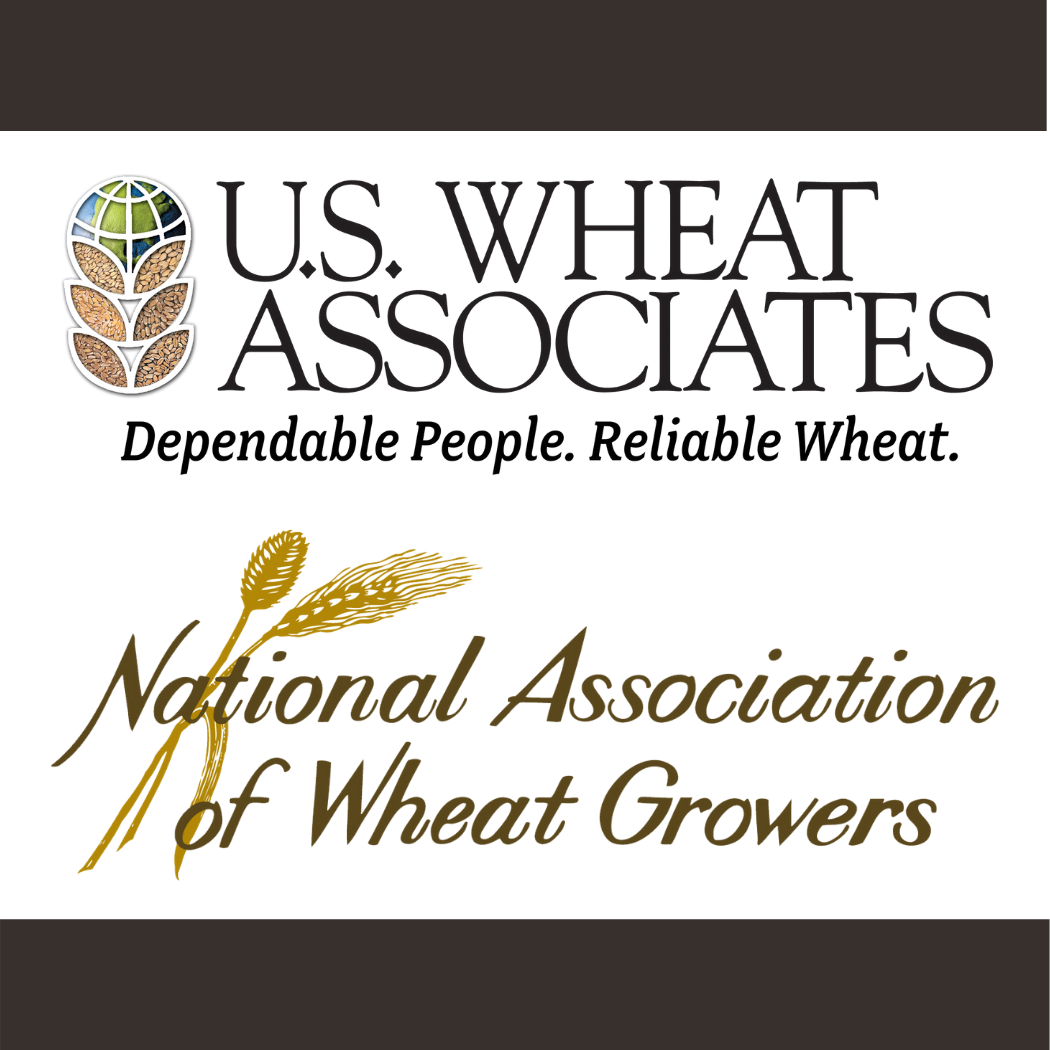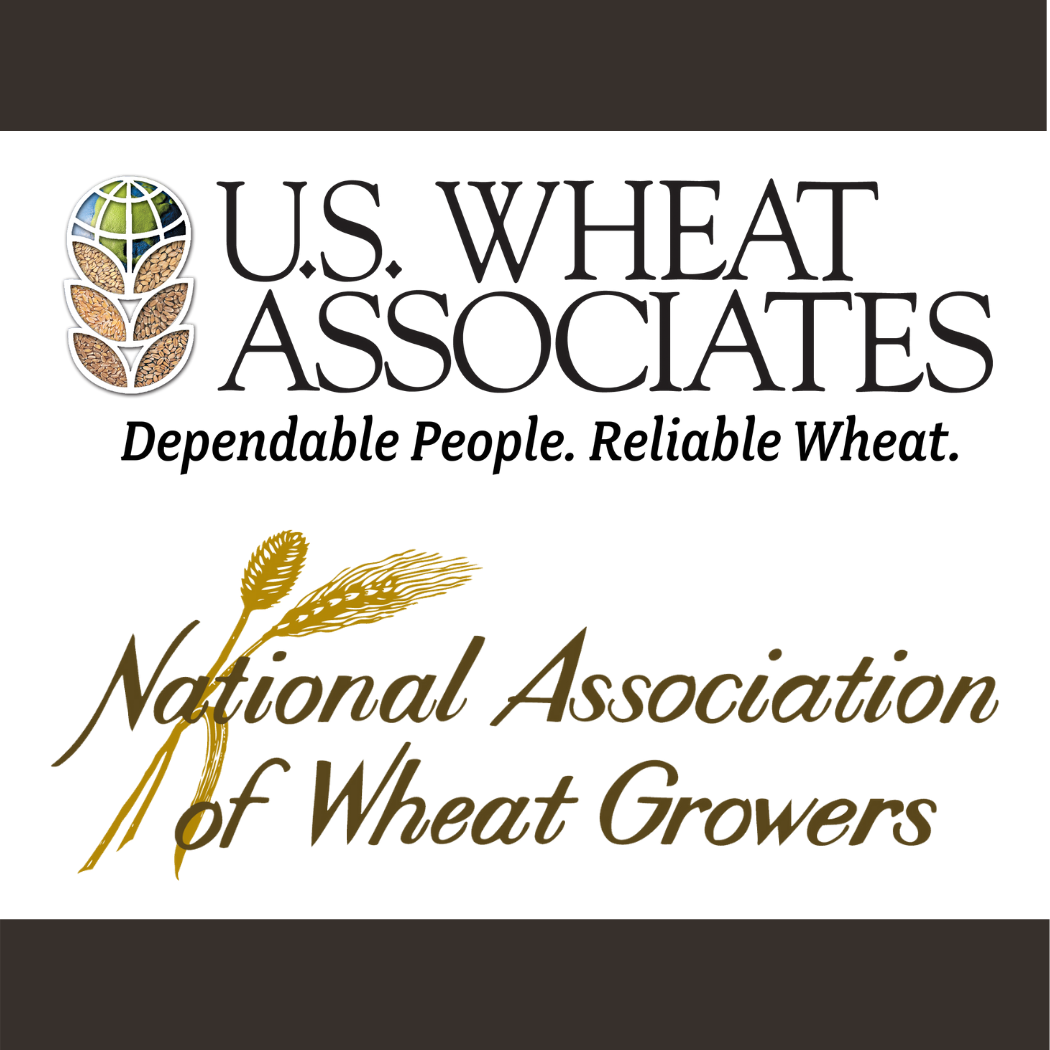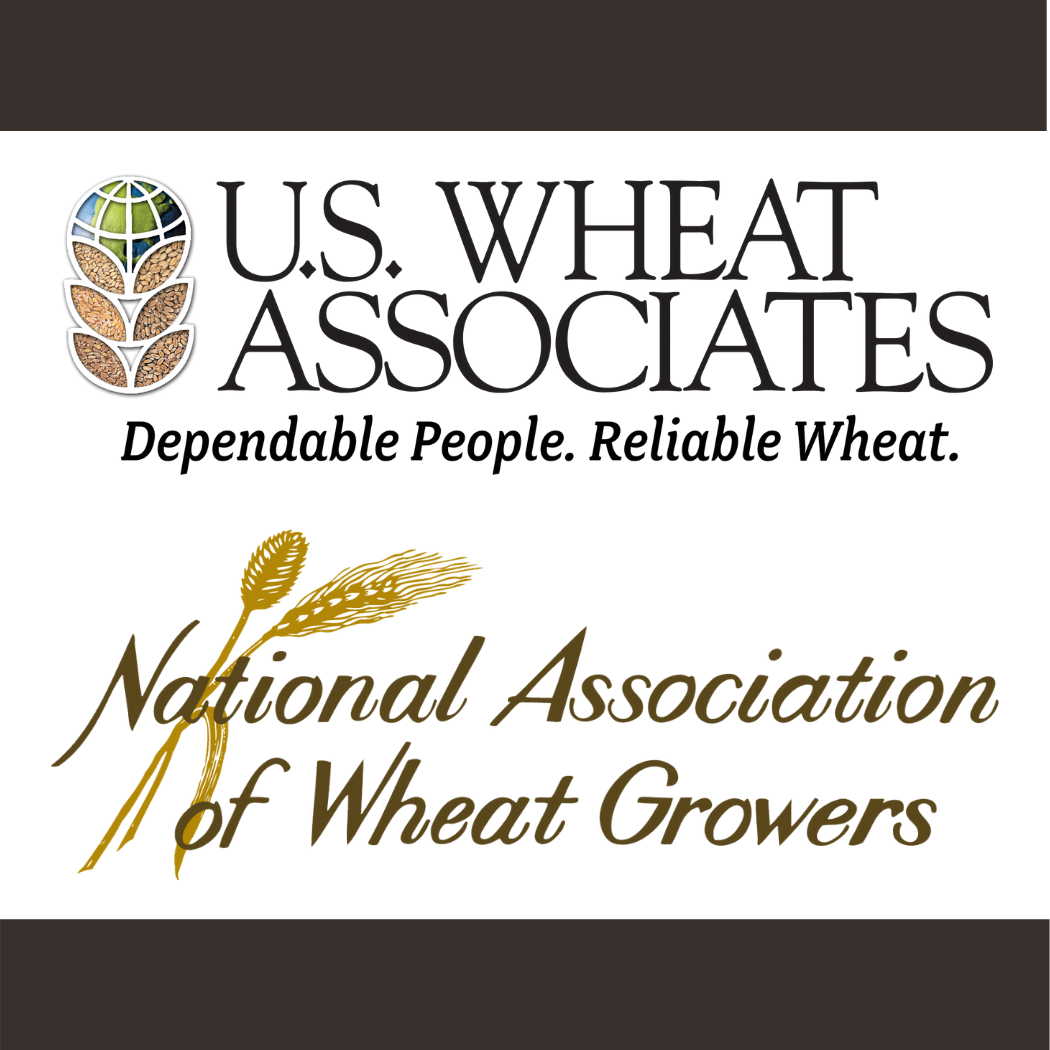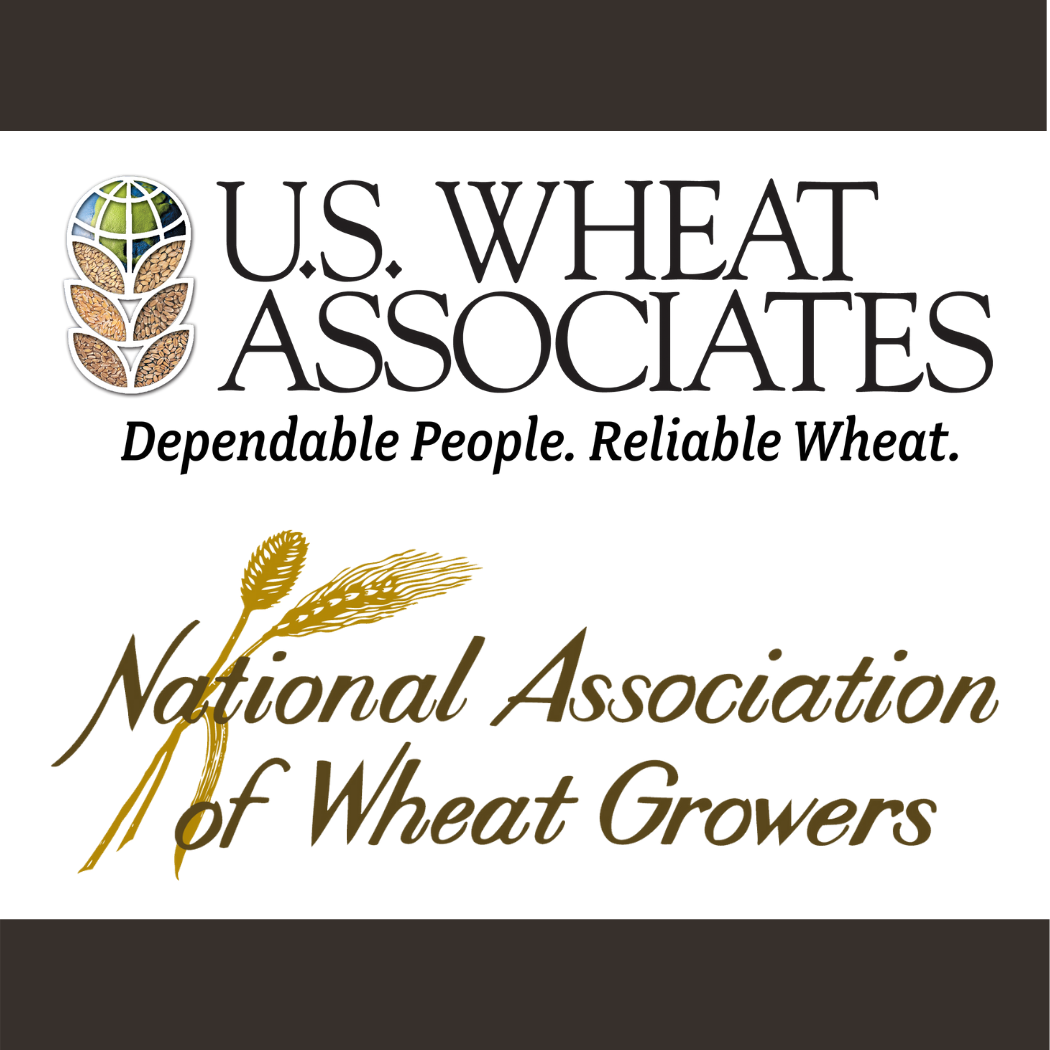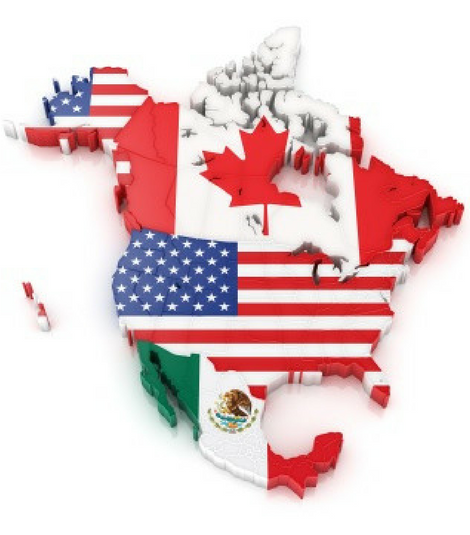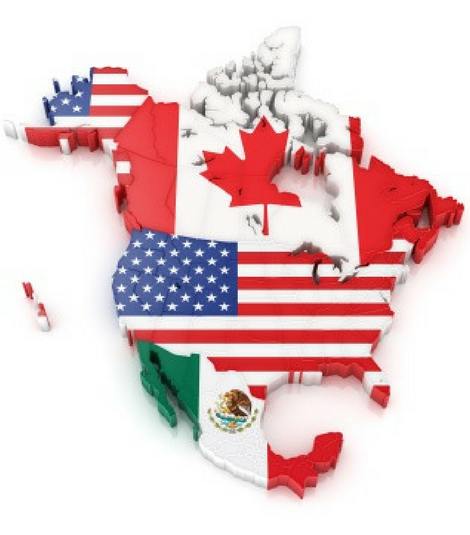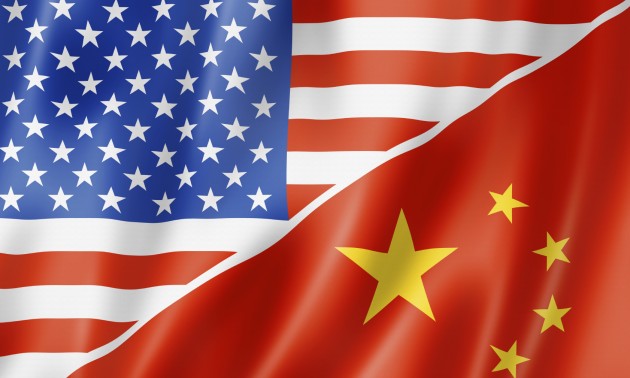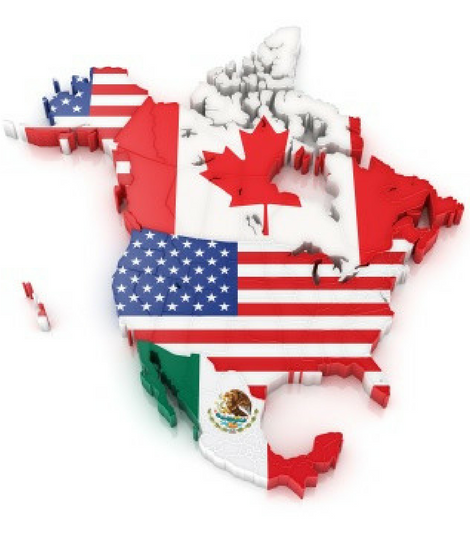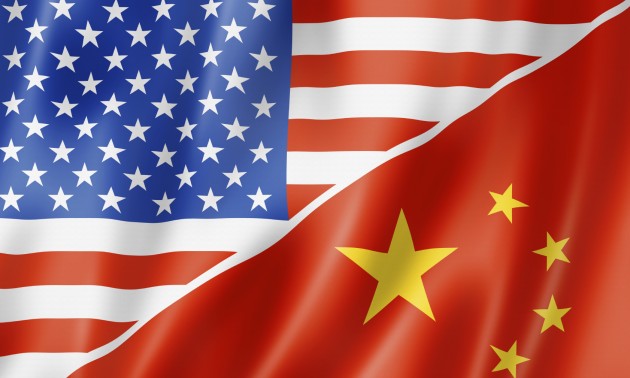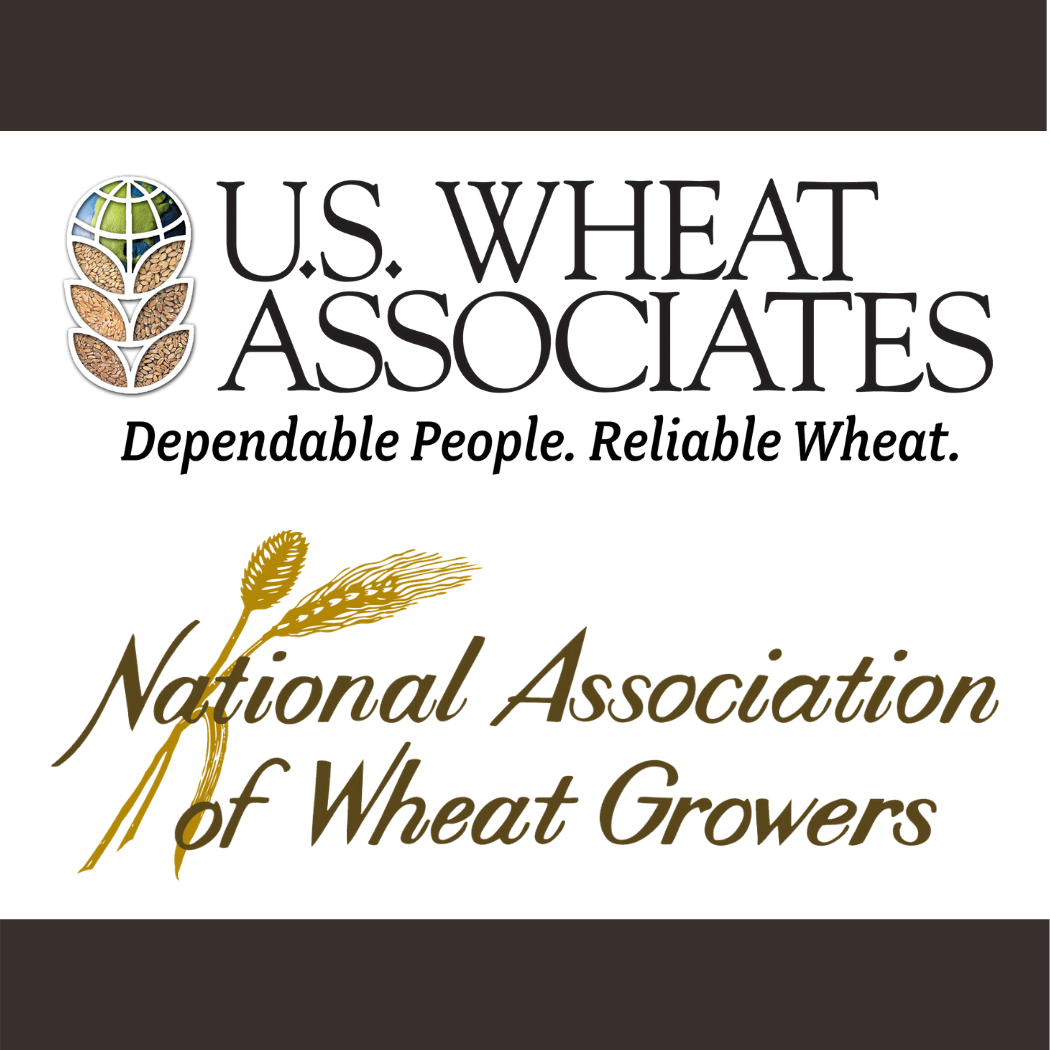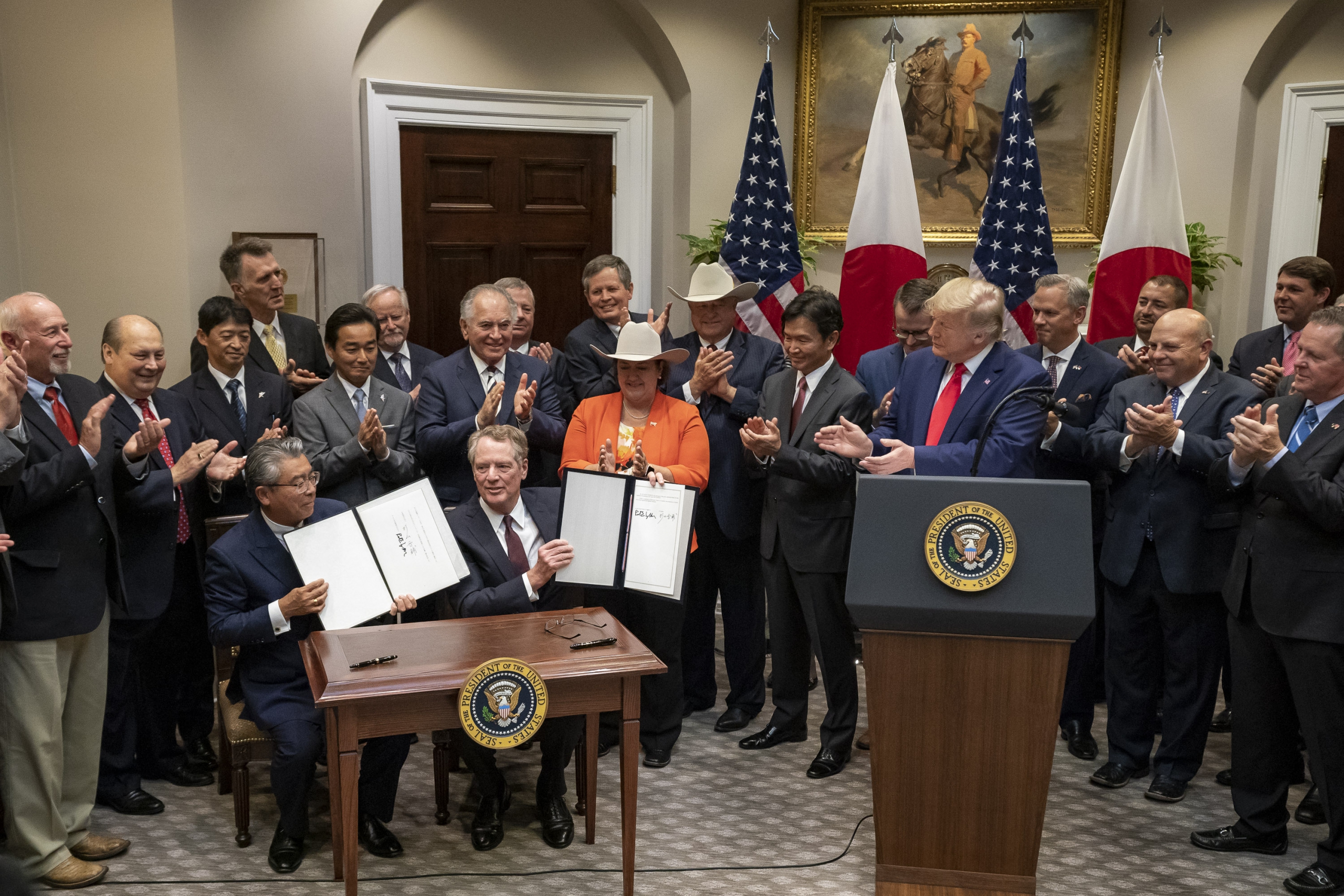WASHINGTON, D.C. – The National Association of Wheat Growers (NAWG) and U.S. Wheat Associates (USW) are pleased with the bipartisan U.S. Senate vote today approving the appointment of former Secretary of Agriculture Tom Vilsack to that important post again under the Biden-Harris Administration.
“We welcome Secretary Vilsack’s return to USDA in a year that is projected to see record U.S. agricultural exports,” said USW President Vince Peterson, who currently serves on the USDA Agricultural Policy Advisory Committee for Trade. “We look forward to working with him again to continue building on the successful export market development partnership between U.S. wheat farmers and USDA.”
“NAWG applauds the Senate for its timely consideration and strong bipartisan support for confirming Secretary Tom Vilsack to lead the USDA once again,” said NAWG CEO Chandler Goule. “Like many farmers across the country, wheat growers are facing economic challenges, and we are pleased to see the Senate and President work to fill these leadership positions at the USDA with qualified candidates, so we can continue to work on policy that benefits rural America. Secretary Vilsack is uniquely qualified to head up the USDA, having served there previously, and has an exceptional understanding of agricultural and rural issues. We look forward to working with him and continuing to build our relationship with the USDA.”
###
About U.S. Wheat Associates
U.S. Wheat Associates’ (USW) is to “develop, maintain, and expand international markets to enhance wheat’s profitability for U.S. wheat producers and its value for their customers.” USW activities in more than 100 countries are made possible through producer checkoff dollars managed by 17 state wheat commissions and cost-share funding provided by USDA’s Foreign Agricultural Service. USW maintains 15 offices strategically located around the world to help wheat buyers, millers, bakers, wheat food processors and government officials understand the quality, value and reliability of all six U.S. wheat classes. For more information, visit www.uswheat.org.
About NAWG
NAWG is the primary policy representative in Washington D.C. for wheat growers, working to ensure a better future for America’s growers, the industry and the general public. NAWG works with a team of 20 state wheat grower organizations to benefit the wheat industry at the national levels. From their offices on Capitol Hill, NAWG’s staff members are in constant contact with state association representatives, NAWG grower leaders, Members of Congress, Congressional staff members, Administration officials and the public.

